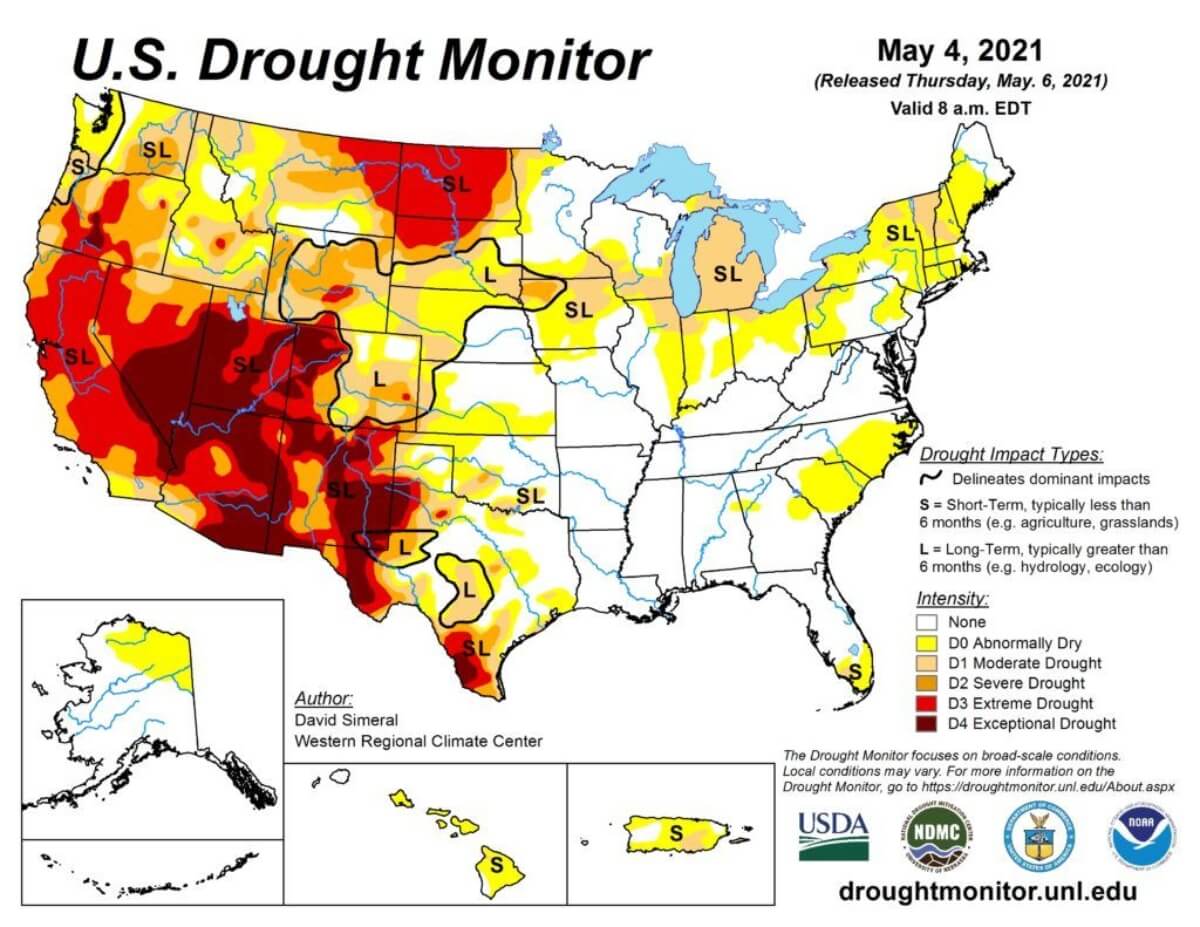(A version of this story first appeared at Hemp Industry Daily.)
Colorado regulators banned hemp-derived THC isomers such as delta-8 in foods, drinks and dietary supplements, but the status of marijuana-derived THC isomers wasn’t immediately made public.
A notice issued Friday by the Colorado health department says that “chemically modifying or converting any naturally occurring cannabinoids from industrial hemp is non-compliant with the statutory definition of ‘industrial hemp product.’”
The move comes as THC isomers derived from hemp extracts such as CBD have shaken up the cannabis market. The health department cited in its ruling uncertainty about how the isomers are made.
“Insufficient evidence exists to determine whether or not any toxic or otherwise harmful substances are produced during these reactions and may remain in the regulated industrial hemp products ingested or applied/used by consumers,” the agency said.
“Therefore, these tetrahydrocannabinol isomers are not allowed in food, dietary supplements or cosmetics.”
The notice referenced a delta-8 THC ruling from the state’s Marijuana Enforcement Division (MED), which oversees dispensaries and high-THC cannabis. But the MED’s notice wasn’t posted publicly on Friday.
Proponents of products such as delta-8 and delta-10 THC argue that because the 2018 Farm Bill legalized hemp extracts, the products are legal.
However, the U.S. Drug Enforcement Administration disagreed, saying that because delta-8 THC is manufactured from hemp-derived CBD, not extracted directly from the hemp plant, it is a controlled substance.
The conflict has not yet been decided in court; the Hemp Industries Association and a South Carolina hemp manufacturer are challenging that rule in Washington DC.
The Colorado Department of Public Health and Environment and MED said they would convene “stakeholder conversations on this topic as necessary.” No date was set.




